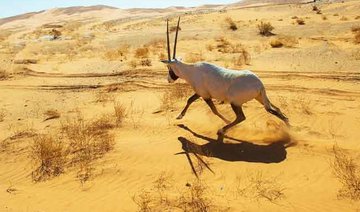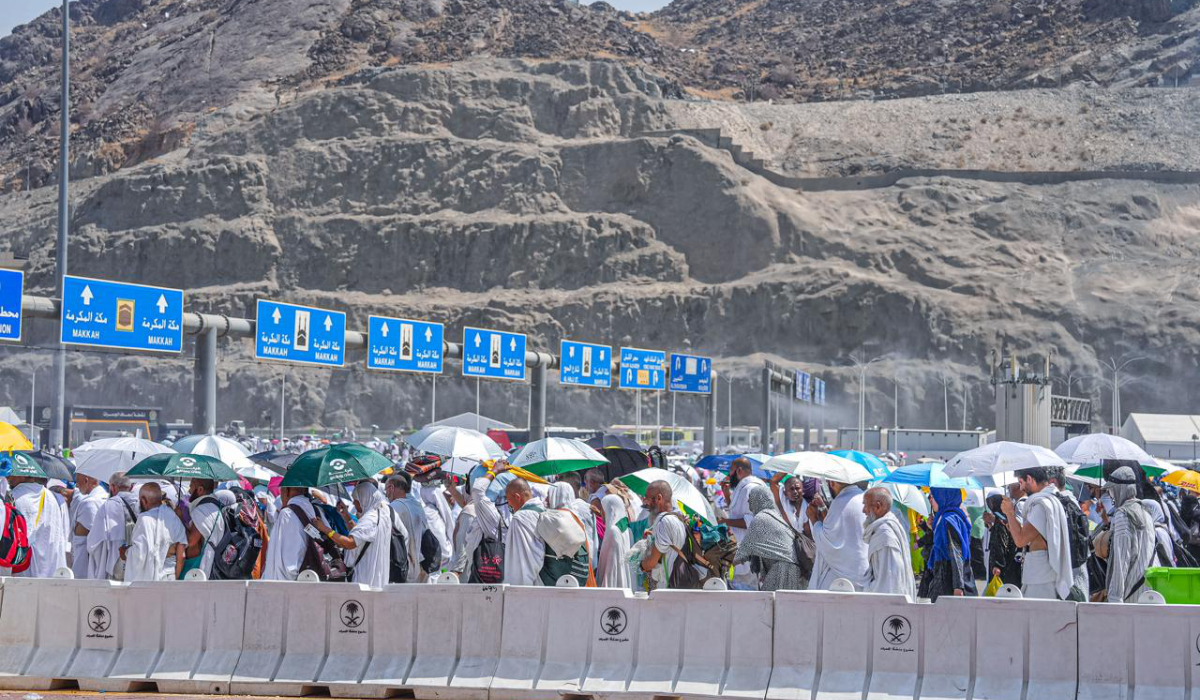RIYADH: King Abdullah University of Science and Technology (KAUST) announced on Tuesday a collaboration with the Ministry of Environment, Water, and Agriculture to develop algae biotechnology in the Kingdom.
The project, DABKSA, aims to develop technologies that encourage the production of animal feed for agriculture in the the Kingdom. The project — overseen by MEWA’s National Fisheries Development Program and located on the KAUST campus — is set to establish a sustainable feed industry in Saudi Arabia while opening new economic ventures for the aquaculture industry.
Finite resources such as land, water and energy are used to rear animals.
According to KAUST, animal feed is vital to the process, and a significant amount of global greenhouse gas emissions are related to feed production and processing.
New innovation and technology in sustainable feed solutions can lower environmental impacts. One such solution is the development and promotion of aquaculture and the use of plentiful seaweed. With Saudi Arabia’s Red Sea and Arabian Gulf coastlines measuring about 3,400 kilometers, there is ample opportunity for innovation.
DABKSA will see the design, build and operation of a proof of concept algae plant at KAUST. This strategic project aligns with Vision 2030 and the Saudi Green Initiative’s focus on food security. Producing local raw material for animal feed will enable the Kingdom to be less reliant on importing raw materials.
“We’re extremely proud to announce the partnership between MEWA and KAUST that targets the localization of algae production in the Kingdom. This collaboration will result in major progress in this field, further delivering Saudi Arabia’s food security and sustainable future for generations to come,” said Dr. Kevin Cullen, vice president of KAUST Innovation.
Phase one of the project is now under development, and includes the building and commissioning of 870 square meters of microalgae facilities.
During the first phase, microalgae biomass will be produced and incorporated as raw material to feed animals such as fish and poultry.
The pilot-scale facilities will provide documented data of algae productivity during an entire year of operation. These production numbers will allow for a realistic life cycle and economics assessment while proving its use towards sustainability.
CEO of the National Fisheries Development Program Dr. Ali Al-Shaiki said: “This project is an extension of the concerted efforts undertaken by the ministry in this field; starting with the algae road map developed by several local and international experts. The ministry aligned with the major players in this field and financial resources were allocated to this project — a real turning point in algae production in Saudi Arabia.”































